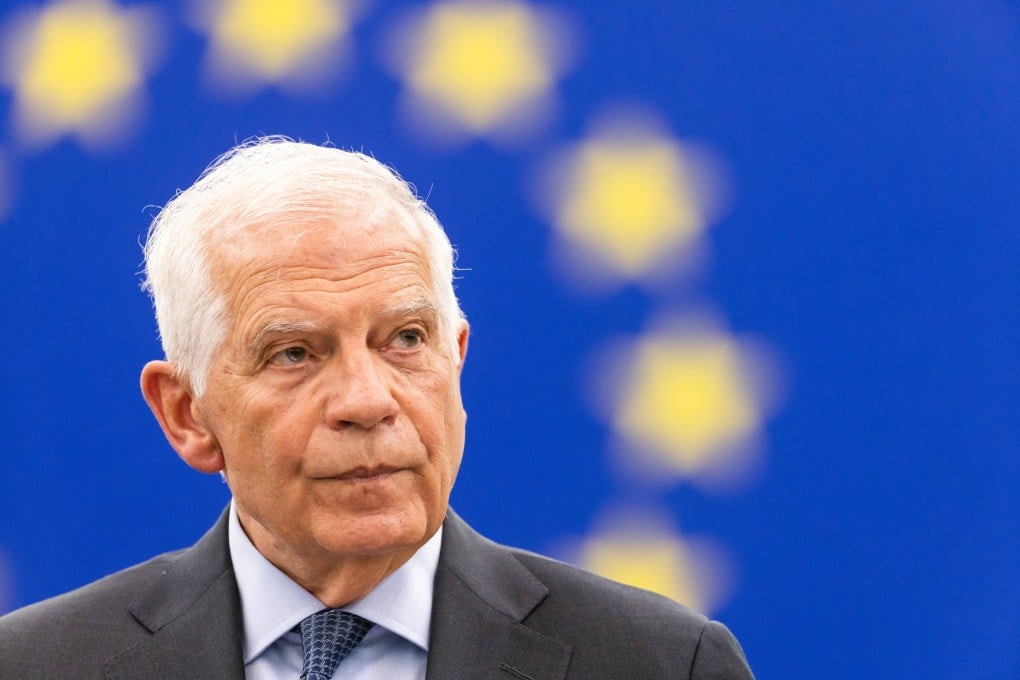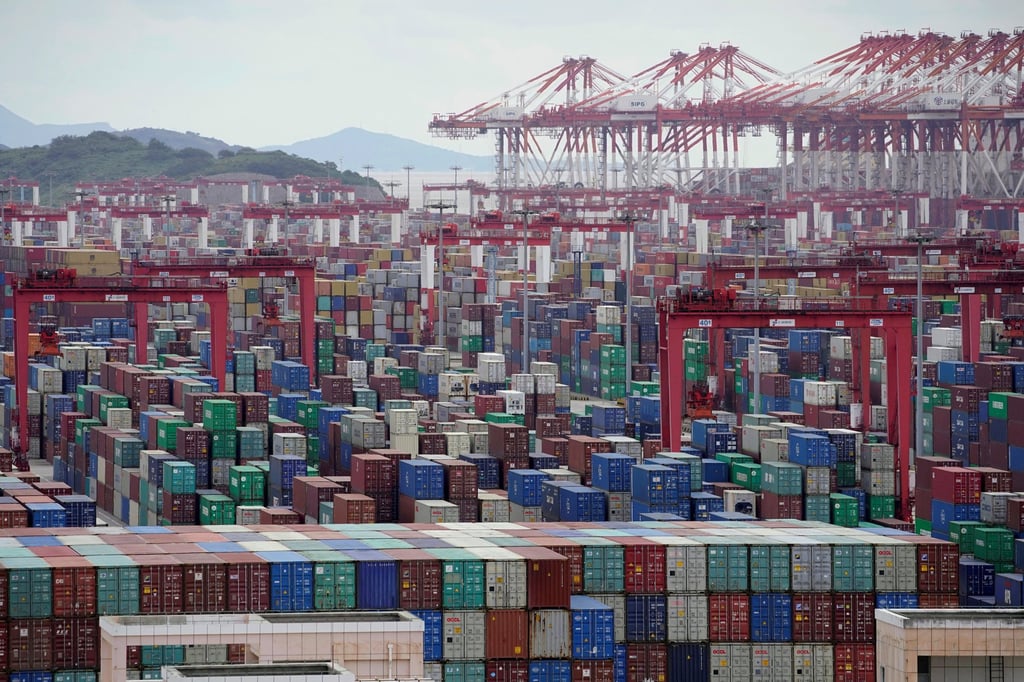China must address trade gap with Europe or face more protectionism, Josep Borrell says
- In opinion piece for the Post, EU’s top diplomat blames the imbalance on a lack of access to the Chinese market
- He says if European voters think key sectors are being endangered, ‘they will demand more protectionist measures’

In an opinion piece for the Post, Josep Borrell said European voters will “demand more protectionist measures” if China does not help narrow its trade surplus with the EU.

He blamed the gap, which reached €396 billion (US$420.1 billion) last year, on the lack of market access afforded to European companies in China.
“We have raised these difficulties repeatedly with the Chinese authorities. We have observed a recent sharp downturn in European investment in China. Without better access to the Chinese market, European investors are turning away,” Borrell wrote.
“If the European public think that trade imbalances with China are endangering key sectors of our industry, they will demand more protectionist measures. It is therefore in our common interest to address the imbalances in our trade relations.”